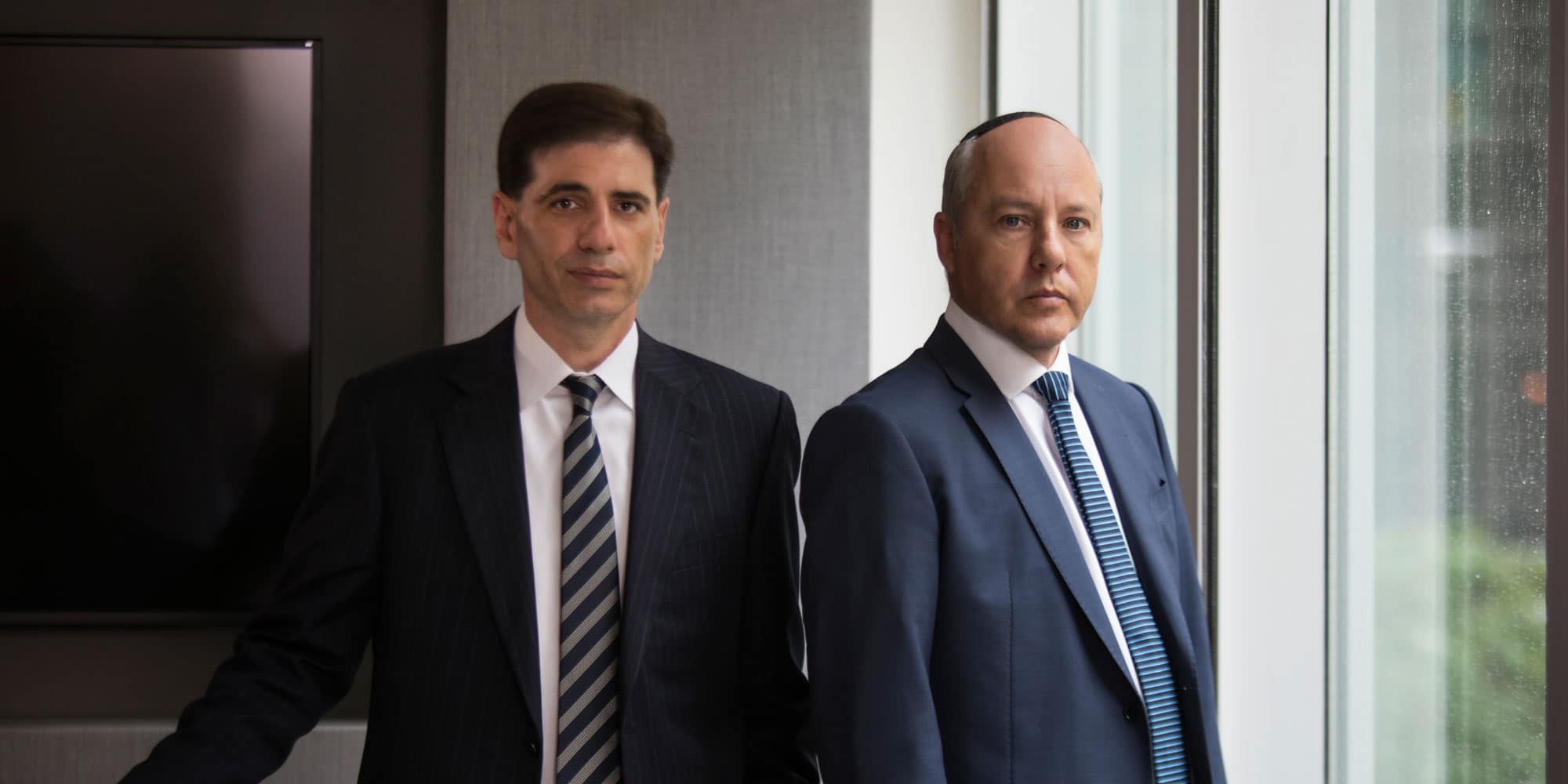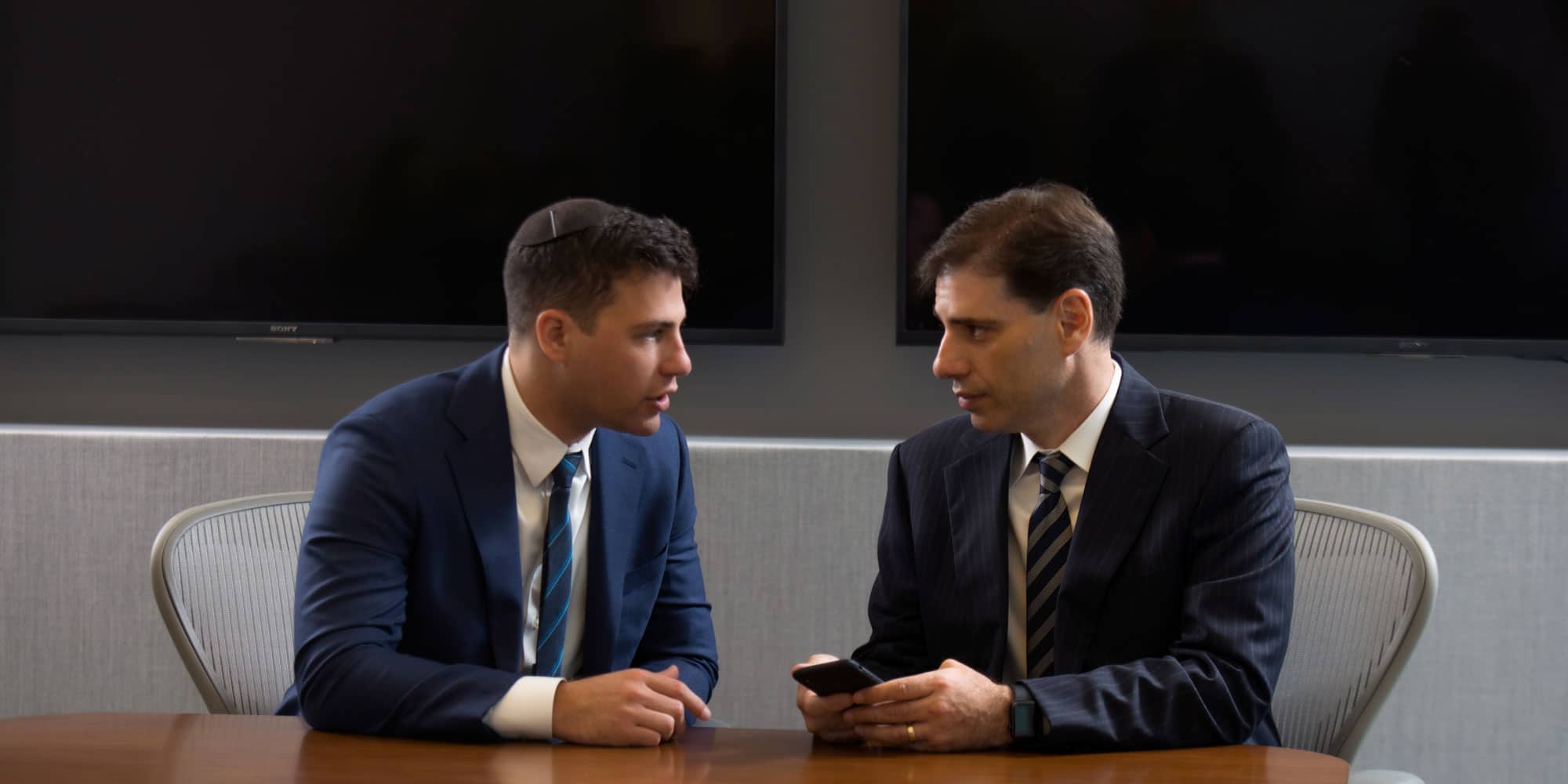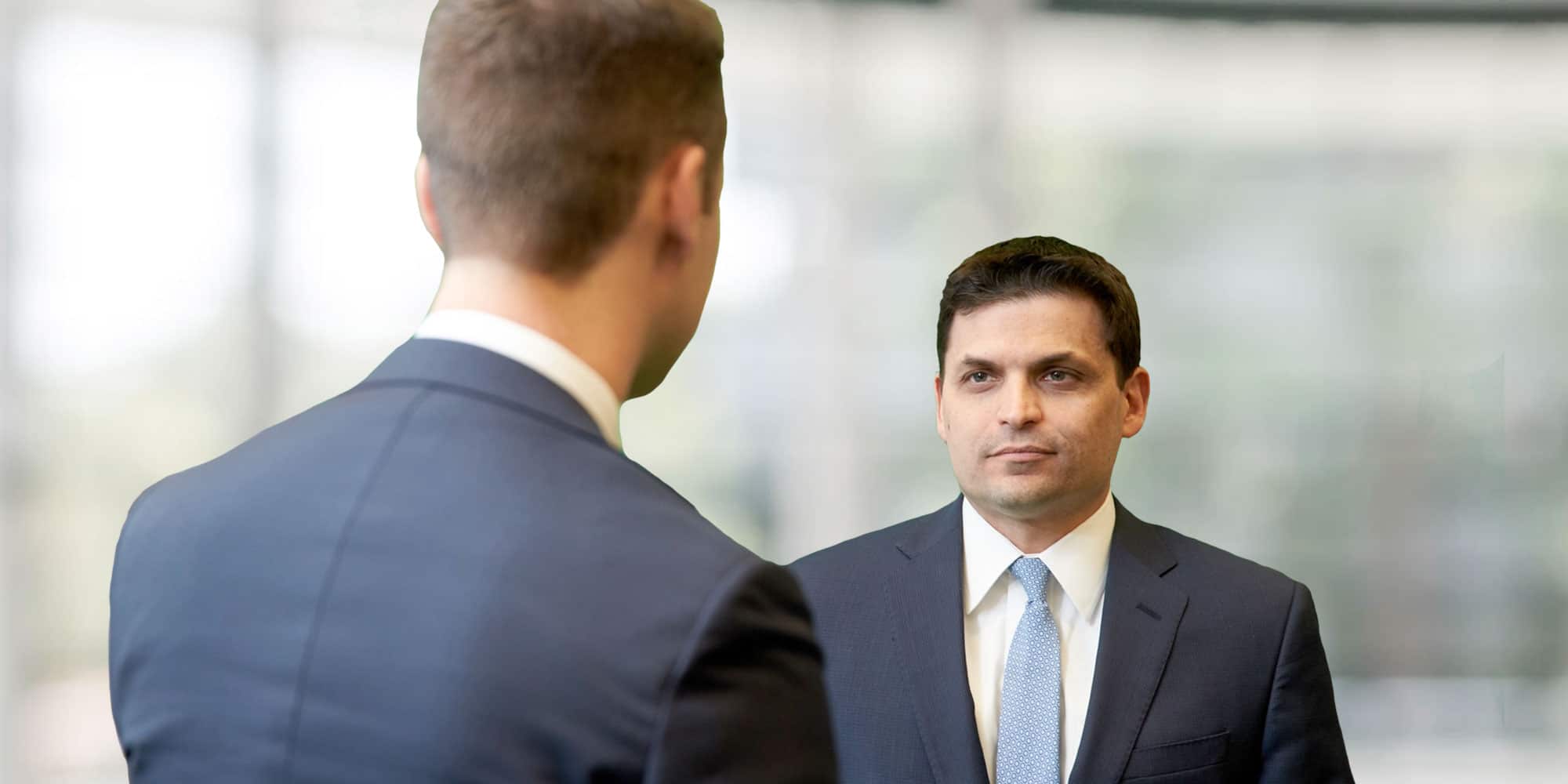Toronto Lawyers
Wagner Sidlofsky LLP
Wagner Sidlofsky LLP is a Toronto law firm providing legal counsel to international and Canadian individuals and businesses involved in disputes. The firm’s areas of practice include Estate Litigation, Commercial Litigation and Elder Law.
We only litigate.
As a Toronto law firm, our lawyers’ proficiency has developed from the single minded focus of their practice in their areas of expertise. Every lawyer brings his/her own unique talents to the firm, but each shares a commitment to excellence. We get results by tenaciously and assertively advocating for our clients.
The firm’s lawyers regularly appear in the Ontario Superior Court of Justice and the Ontario Court of Appeal as well as various administrative tribunals.


















